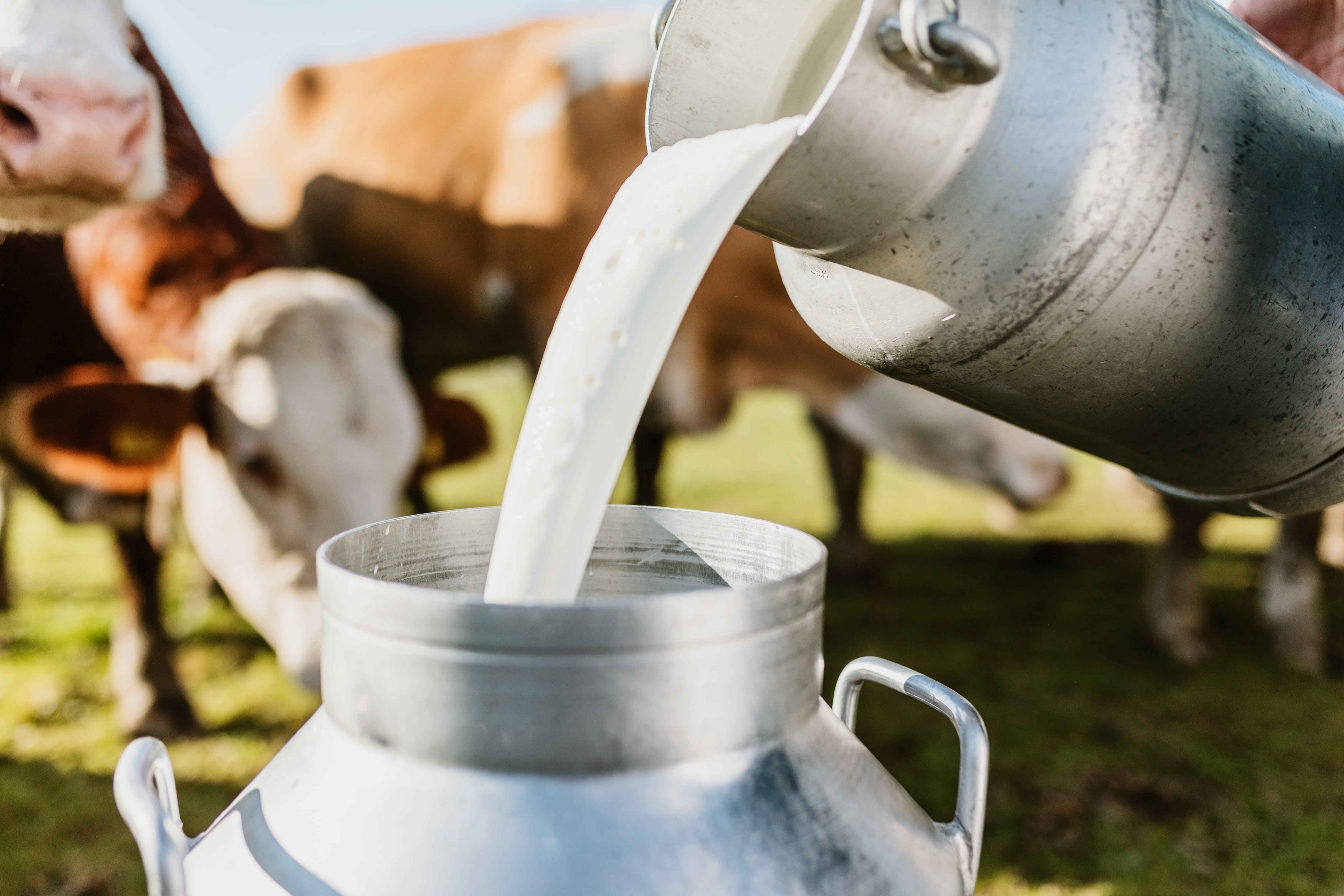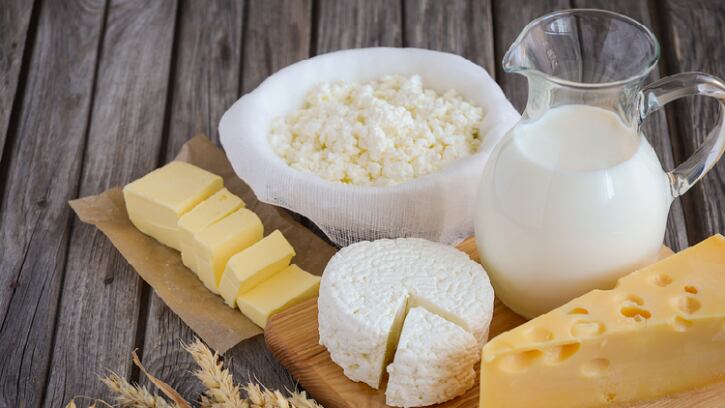Baladna recently announced its FY2024 full-year financial results, reporting ‘record-high’ revenue of QAR1.15bn (US$) which was up 8% year-on-year, as well as a 69% year-on-year increase in net profit to QAR185mn (US$).
Baladna is already the market leader in many key dairy and juice categories in its home ground Qatar, particularly in key sectors such as fresh milk (96.1%) and UHT milk (92.5%), so the firm is now looking at various new strategies to keep up this rate of growth and push through to the next level.
“On the consumer strategy front, we have strong interest in the high-protein milk and yoghurt segments, and have already launched new innovations into this market where we see a lot of potential,” Baladna CFP Saifullah Khan told the floor during the firm’s most recent investors’ meeting.
“We have also launched new Greek yoghurt flavours and broadened our cheese range, in addition to revitalising our key Awafi product line which plays a key role in the plain dairy segment - In total, we added 39 new SKUs to our portfolio in 2024.”
Baladna has also finalised a major national-level joint venture with the Algerian National Investment Fund, its latest initiative to brings its experience and expertise with establishing dairy self-sufficiency
“The agreement has been signed to establish the world’s largest vertically integrated dairy farm in Algeria,” he said.
“We are currently also finalising key agreements which will further solidify our presence there, and have signed an MoU with the Algerian government to explore an infant milk production project as well.”
However, this comes after the recent revelation in December 2024 that Baladna’s previous global venture, which was with the Malaysian government, ended in failure.
This was announced by Malaysian government-linked agriculture body FGV Holdings (formerly FELDA) in a filing with the local stock exchange, stating that unspecified ‘conditions’ had not been fulfilled, with no mention which party this fulfilment failure was to be attributed to either.
“The Board of Directors of FGV wishes to announce that [all parties] have agreed to terminate the Conditional Shareholders Agreement dated 6 August 2022 between FGV Integrated Farming Holdings Sdn. Bhd., Baladna for Trading and Investment W.L.L. (a wholly-owned subsidiary of Baladna Q.P.S.C.) and Touch Group Holdings Sdn. Bhd.,” the announcement stated.
“[This is] due to the expiration of the period to satisfy the conditions precedent stipulated in the Conditional Shareholders Agreement.”
Baladna has not responded to queries for comments with regard to the termination of the project.
2025 ambitions no more
Baladna’s venture in Malaysia had been in motion since 2020, and was finalised in 2022 with the agreement that Baladna and FGV would each own 40% of the venture, with 20% going to Touch.
The overall project cost was estimated at QAR3.6bn (US$986.4mn), and was planned to be commercially operational by 2025, producing 100 million litres of fresh milk per annum within the first three years, and 300 million litres within 10 years.
In addition to the initial venture on FGV land in the state of Perlis, Baladna had also highlighted potential plans to establish a ‘large-scale integrated dairy farm’ in the state of Pahang.



